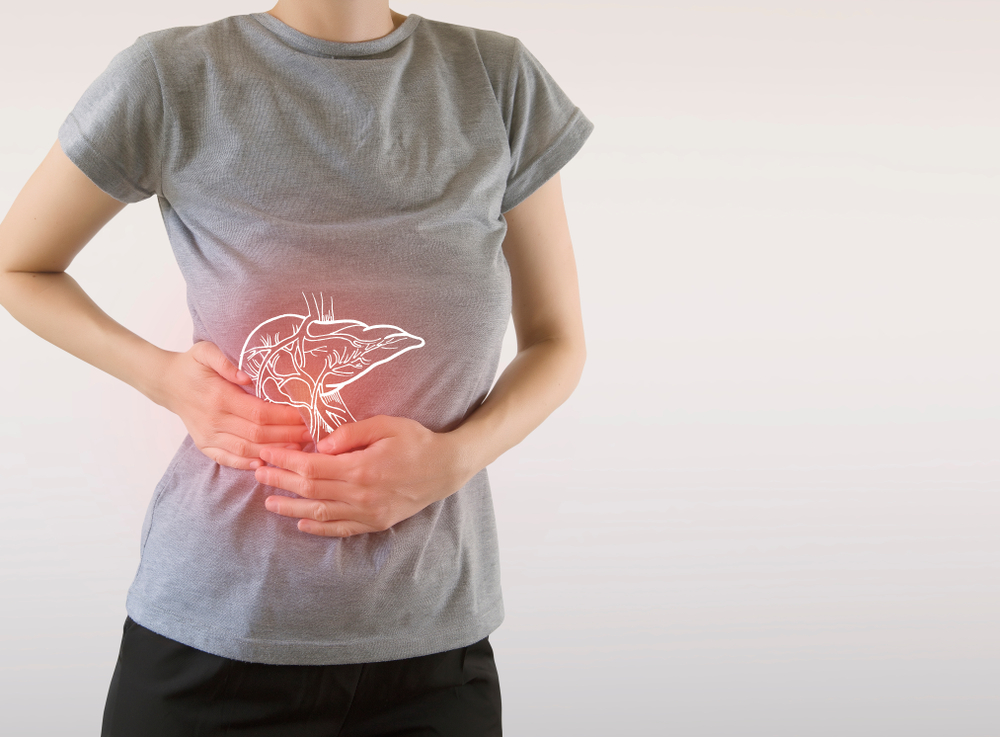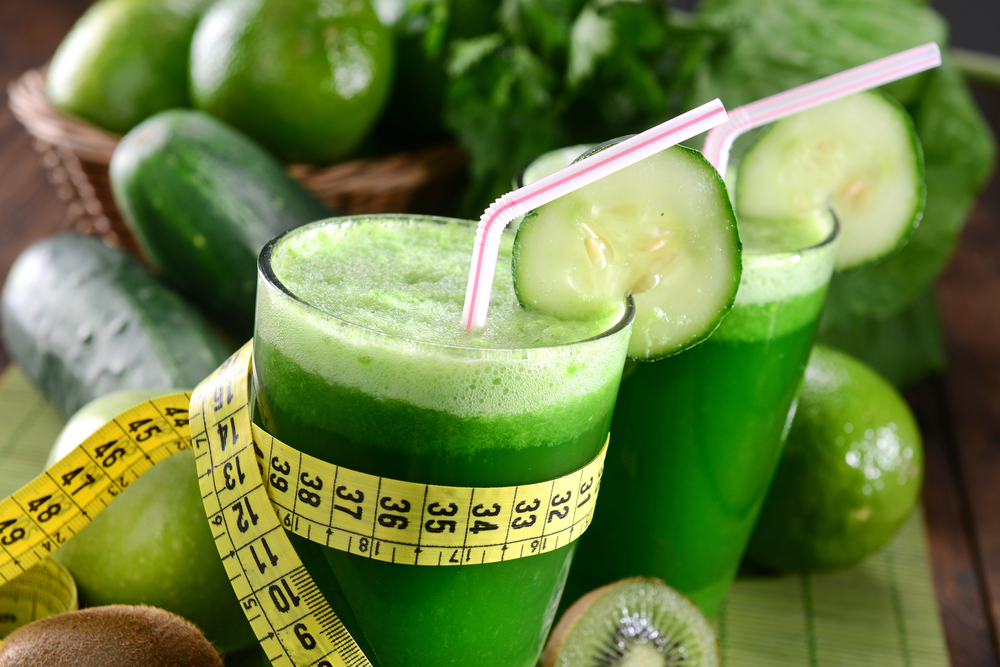Among the organs in the human body, it is the liver that holds the main role in carrying out detoxification.
Its functioning is in accordance with the amount of xenobiotics present in the body. Xenobiotics are defined as the often toxic and polluting molecules found within the body. They are often derived from medicines, especially antibiotics, and also from hormones, but also from chemical components used in the preparation of food. Moreover, the liver is the indispensable machine for purifying the body.
It acts to process these heterogeneous molecules and to continuously filter the blood. As a result, the hepatocytes, the constituent cells of the liver, have a remarkable lifespan and a great capacity for regeneration.
How does the liver eliminate xenobiotics?
First of all, xenobiotics are fat-soluble, i. e. they are soluble in fat. To be fully neutralised, they must be transformed into water-soluble substances, i. e. become soluble in water and then eliminated through the urine or excretory matter.
In fact, the liver participates in this mutation thanks to the presence of the enzymes indispensable to this work which are closed in the hepatocytes. The liver will proceed in several subtle steps to achieve hepatic detoxification.
Its proper functioning is based on the level of xenobiotic exposure and the genetic structure as well as the nutritional constitution of each individual.
The three phases of liver detoxification:
- Toxins that do not need to be transformed are immediately eliminated by cytochrome P450 enzymes. In contrast, other toxins are reformed in an intermediate state before being completely neutralised.
- After transformation, purification is achieved by the production of free constituents which are themselves eliminated by a good supply of antioxidants.
- The removal of converted molecules is different depending on the nature of the molecules. Once water-soluble, some will be expelled by transporters acting through the kidneys and then the urine. Others will be expelled via the stool or sweat, or by the air exhaled.
What are the symptoms that require detoxification?
Several symptoms can appear when the liver no longer functions normally and especially when it is no longer able to neutralise xenobiotics.
The presence of chronic fatigue, migraines, recovery difficulties, bad breath, heavy and loaded tongue, night wakings, postprandial sleepiness, pale or yellowish complexion, nausea with increased sensitivity to strong odours, alcohol or caffeine, are signs that require an urgent consultation with a specialist.
The latter will be able to determine whether the symptoms are really signs of liver overload and will then give the necessary instructions.
Some good practices for the proper functioning of the liver
To facilitate the work of the liver, it is necessary first of all to monitor the diet. The consumption of fresh vegetables from organic farming at every meal is to be favoured.
In particular, it is advisable to cook them over a low heat or even to steam them or to eat them raw in order to avoid the formation of Maillard bodies (a chemical component established during the cooking of grilled meats, for example).
It should be noted that some foods especially support detoxification, such as those rich in glucosinolates. Glucosinolates are found in rapeseed, various types of cabbage, radishes and white mustard. In addition, broccoli, cabbage, garlic, turmeric, coffee, black radish, rosemary and small berries are also ideal for helping the liver to do its job properly.
Moreover, hydration of the body is also another essential point to support the functioning of the liver and its drying of toxins. It is recommended to drink at least 1. 5L of water daily, or even 2L.
For people who are on medication, it is important to ask the doctor's advice in case they need to follow a specific diet.
Finally, is the detoxification cure systematic?
It is not necessary to make a detoxification cure if the liver is spared by taking certain foods that relieve its functioning. It is only in the case where a person is subject to the functional disorders mentioned above, that it is essential to do a detoxification cure with quality foods.



